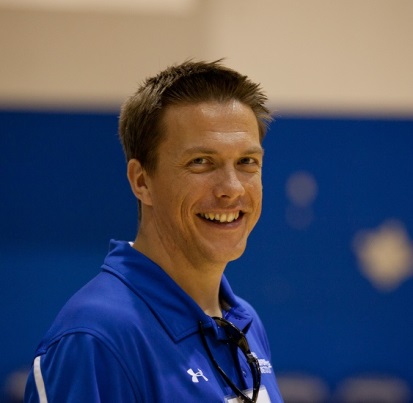
Angus Mugford
IMG AcademyUSA
Title: The Injured Athlete Performance Program: A Holistic Approach to Continued Physical and Mental Well-Being During Injury
Biography
Biography: Angus Mugford
Abstract
Nearly 44 million children participate in youth sports, with more than 4.3 million under age 14 receiving medical treatment for injuries each year (Geier, 2011). These injuries can take a toll on both the physical and mental well-being of youth athletes (Wiese-Bjornstal, Smith, Shaffer & Morrey, 2008), but can also present a unique opportunity for sport psychology practitioners to positively impact recovery and long-term learning. Researchers have noted that psychological skills such as imagery, goal setting, relaxation, and self-talk can have a positive effect on healing (Driediger, Hall & Callow, 2006). Cupal (1998) noted that practitioners need to deliver a holistic, supportive package adapted to each athlete to best promote well-being and recovery. In our own work at a youth sports academy, we developed an Injured Athlete Performance Program (IAPP) that utilizes a holistic, systemized approach to injury rehabilitation. This program includes a weekly formal and informal sports therapy and rehabilitation, modified strength and conditioning, mindset training, vision and brain training, nutrition education, and leadership training. The overall program development, as well as the specifics of the mental conditioning component of the IAPP will be shared. The IAPP focuses on fostering established mental skills such as goal setting, imagery, positive self-talk, and energy management to aid in injury recovery, return to play and overall mental well-being, but has also incorporated innovative learning techniques via technology. The process of multi-disciplinary team coordination and collaboration is a key aspect for this programs success, which will be discussed as part of this presentation.
